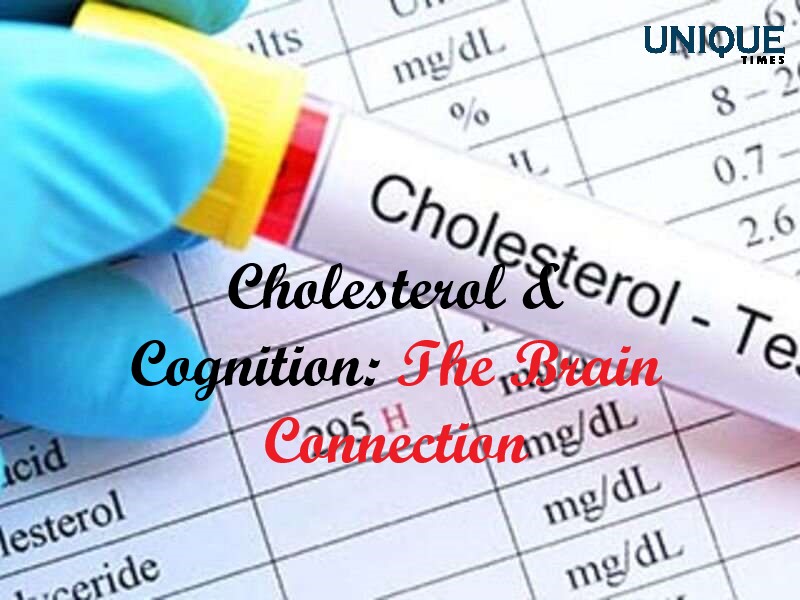The Cholesterol Connection: Key to Learning and Memory

Cholesterol, a fatty substance often associated with heart health, has long been misunderstood. Beyond its role in cardiovascular function, recent research has shed light on cholesterol’s surprising influence on learning and memory. However, it’s essential to understand that the effects of cholesterol are not uniform and can vary depending on age and other factors. Join us on a fascinating journey as we explore the complex relationship between cholesterol, cognitive function, and how high cholesterol can have diverse effects based on individual circumstances.
The Brain’s Enigmatic Ally: Cholesterol and Cognitive Function
Traditionally considered a villain in the realm of health, cholesterol plays a crucial role in the brain’s functioning. In fact, it is an integral component of the cell membranes and helps maintain the integrity and fluidity of brain cells. Additionally, cholesterol is a precursor to essential molecules like neurosteroids and plays a role in the formation of synapses, the connections between brain cells that facilitate learning and memory.
Learning and Memory Enhancement
Ample evidence suggests that cholesterol is intricately tied to cognitive abilities. Studies have shown that higher levels of cholesterol are associated with improved cognitive function, enhanced memory, and better learning capacity in certain age groups. This has led researchers to explore the potential of cholesterol-targeted therapies to combat cognitive decline in aging populations.
Age-Dependent Effects of High Cholesterol
While cholesterol appears beneficial for cognitive function in certain age groups, its effects can be vastly different depending on the individual’s life stage. In young and developing brains, high cholesterol levels may lead to adverse outcomes, as the brain requires a delicate balance of cholesterol for proper development. Conversely, in aging brains, higher cholesterol levels might provide a protective effect, reducing the risk of cognitive decline and neurodegenerative diseases like Alzheimer’s.
Factors Influencing Cholesterol’s Impact
The effects of cholesterol on learning and memory are not solely determined by age; other factors come into play as well. Genetic predisposition, lifestyle choices, diet, exercise, and overall cardiovascular health can all influence how cholesterol interacts with the brain. A comprehensive understanding of these factors is crucial to unlocking cholesterol’s potential as a tool to enhance cognitive health.
Balancing Act: The Role of Healthy Cholesterol Levels
Finding the optimal balance of cholesterol for cognitive health is a complex puzzle. While research suggests that cholesterol is essential for learning and memory in specific circumstances, maintaining overall heart health and cardiovascular well-being remains paramount. Adopting a heart-healthy lifestyle, managing cholesterol levels through diet and exercise, and seeking medical guidance are essential for promoting both brain health and overall well-being.
Conclusion
The evolving understanding of cholesterol’s multifaceted role in the brain highlights the complexity of human health and the delicate interplay between different bodily systems. While cholesterol undoubtedly plays a significant part in learning and memory, its effects are age-dependent and influenced by various factors. As we delve deeper into this fascinating realm of research, we gain valuable insights into the intricate connection between our lifestyle choices, heart health, and cognitive well-being. Striving for a balanced approach that prioritizes both heart and brain health will empower us to navigate the cholesterol maze and unlock the potential for improved learning and memory throughout the journey of life.
Picture Courtesy: Google/images are subject to copyright








